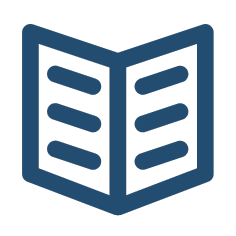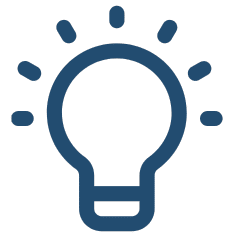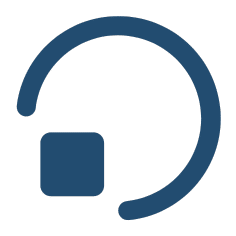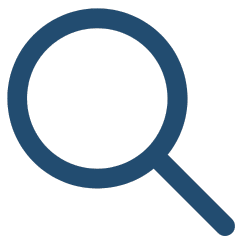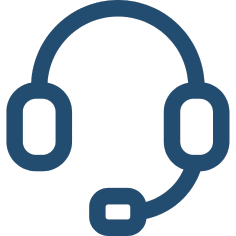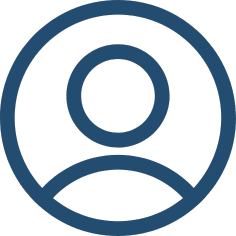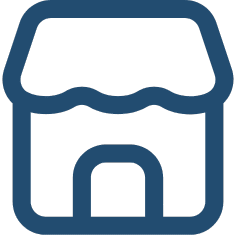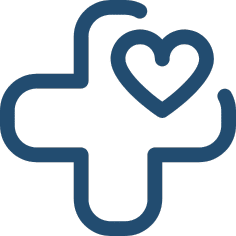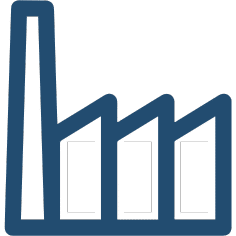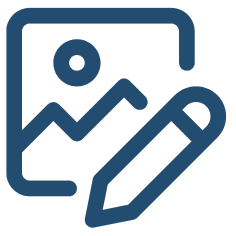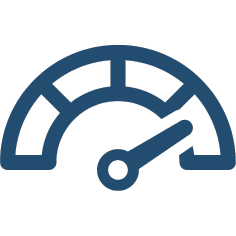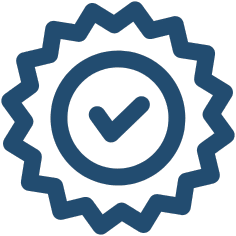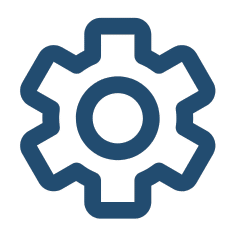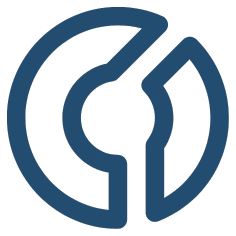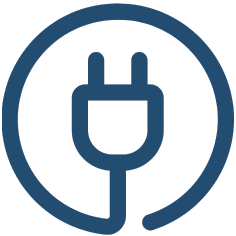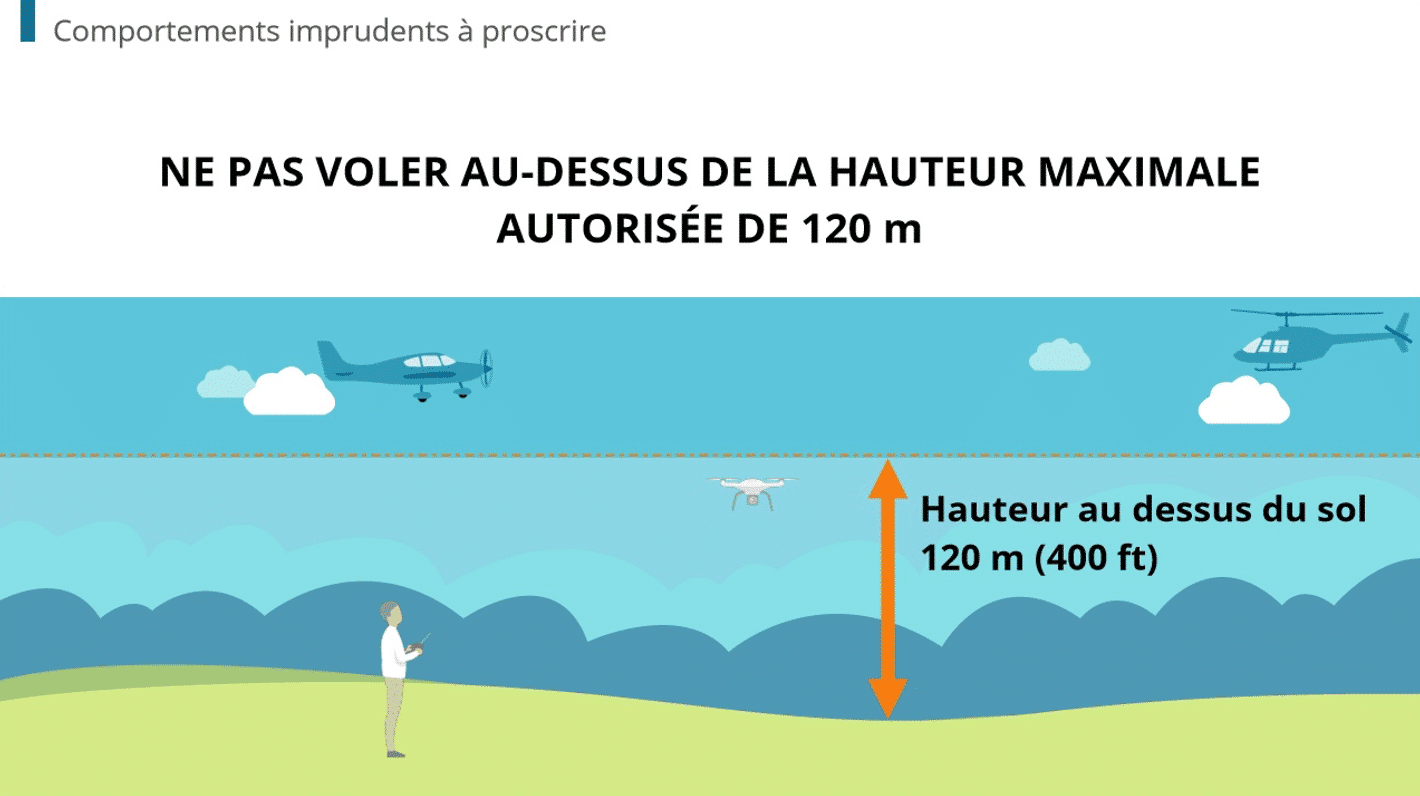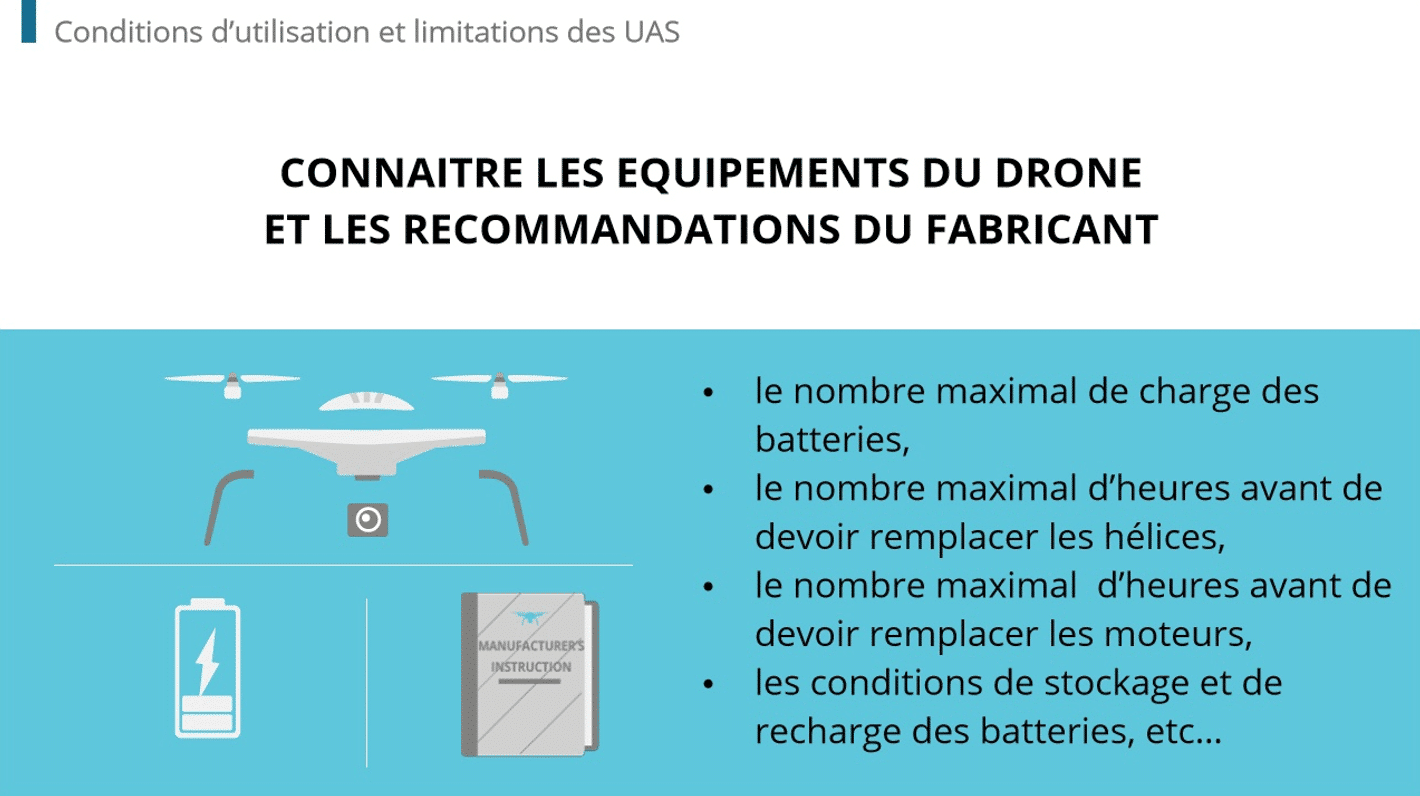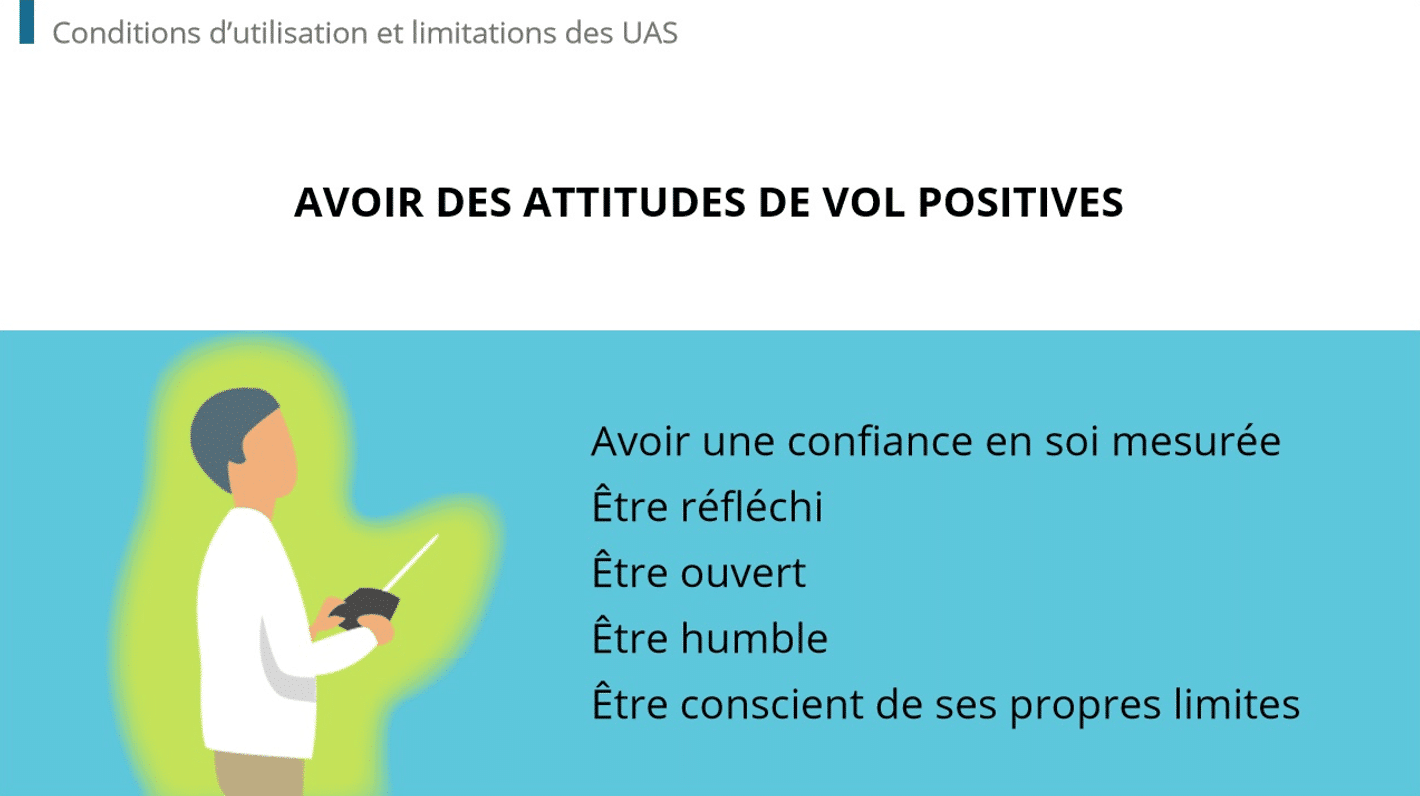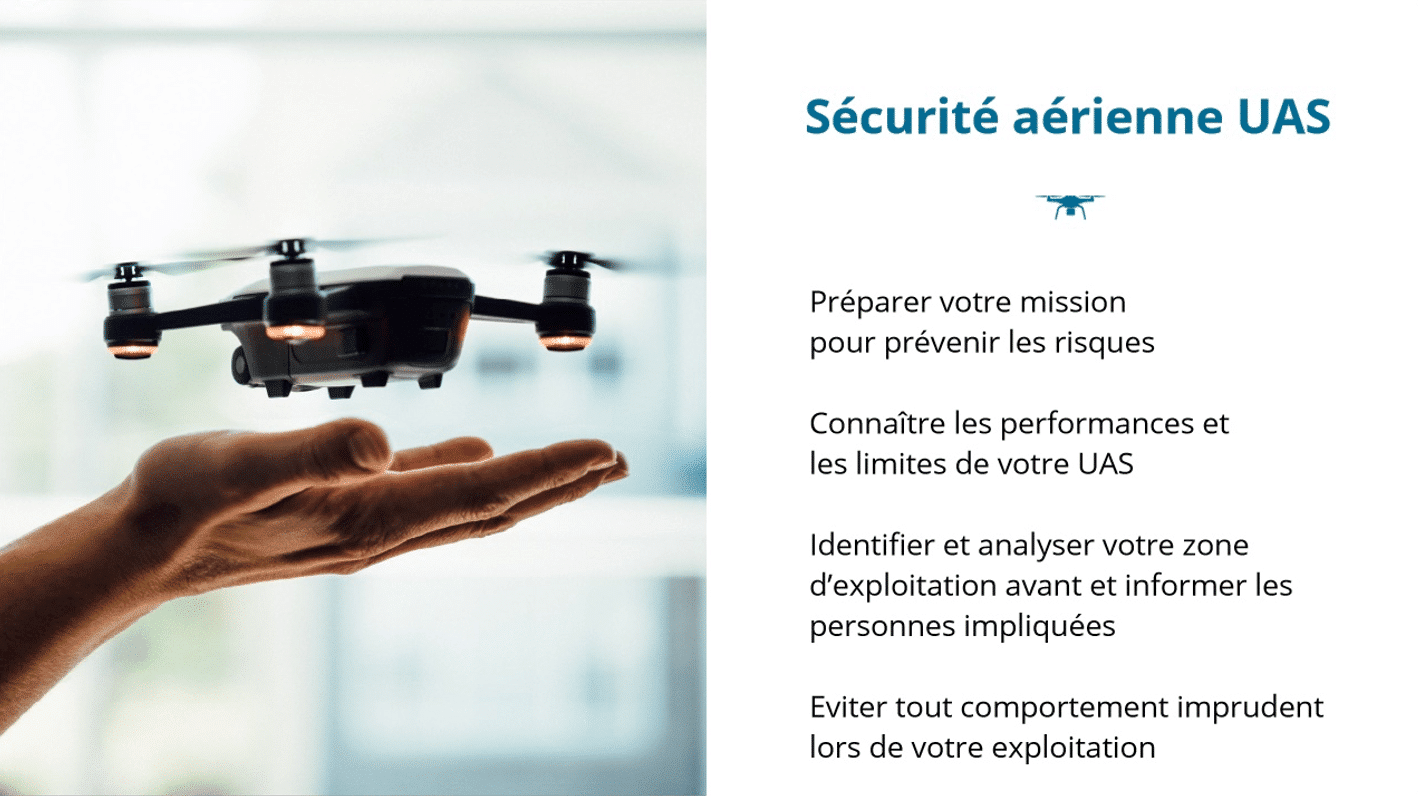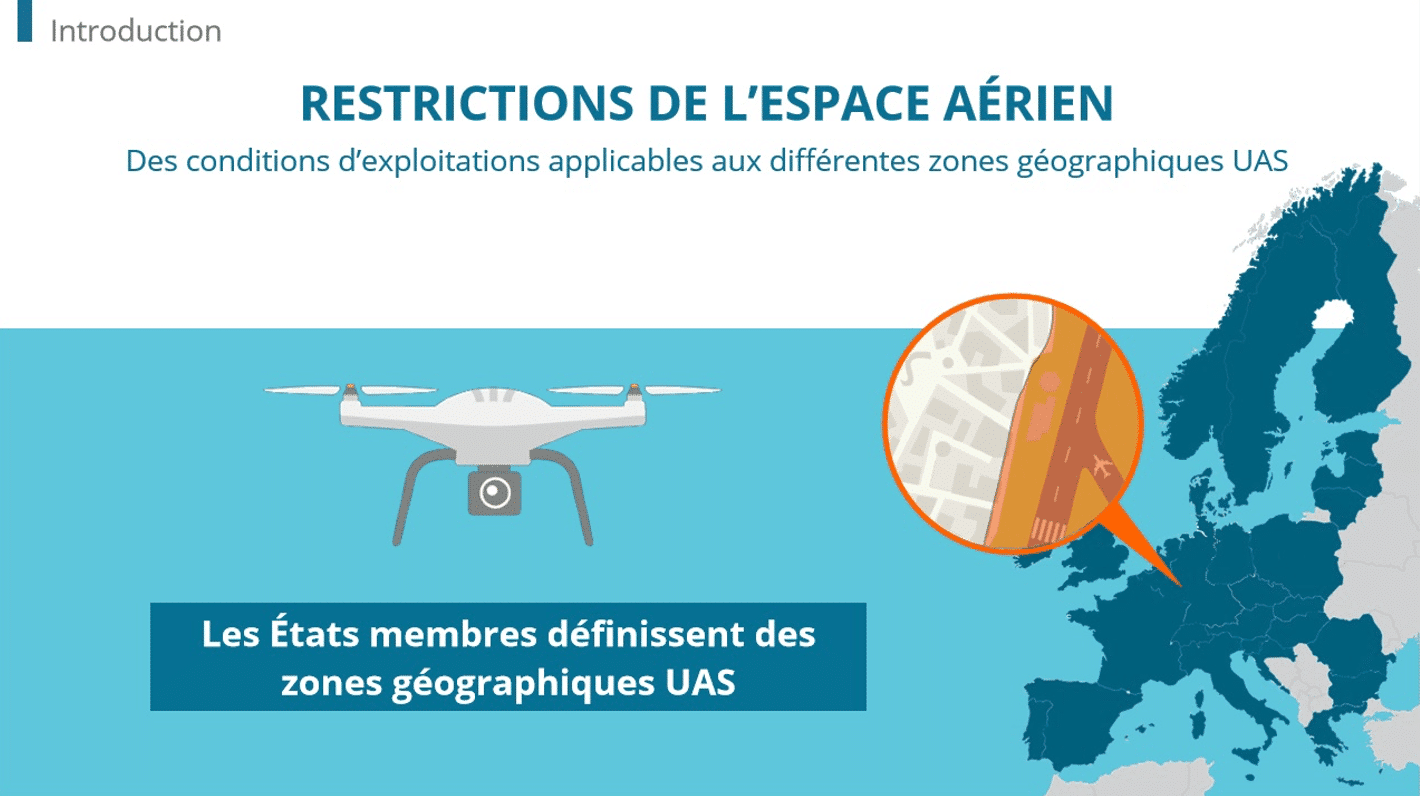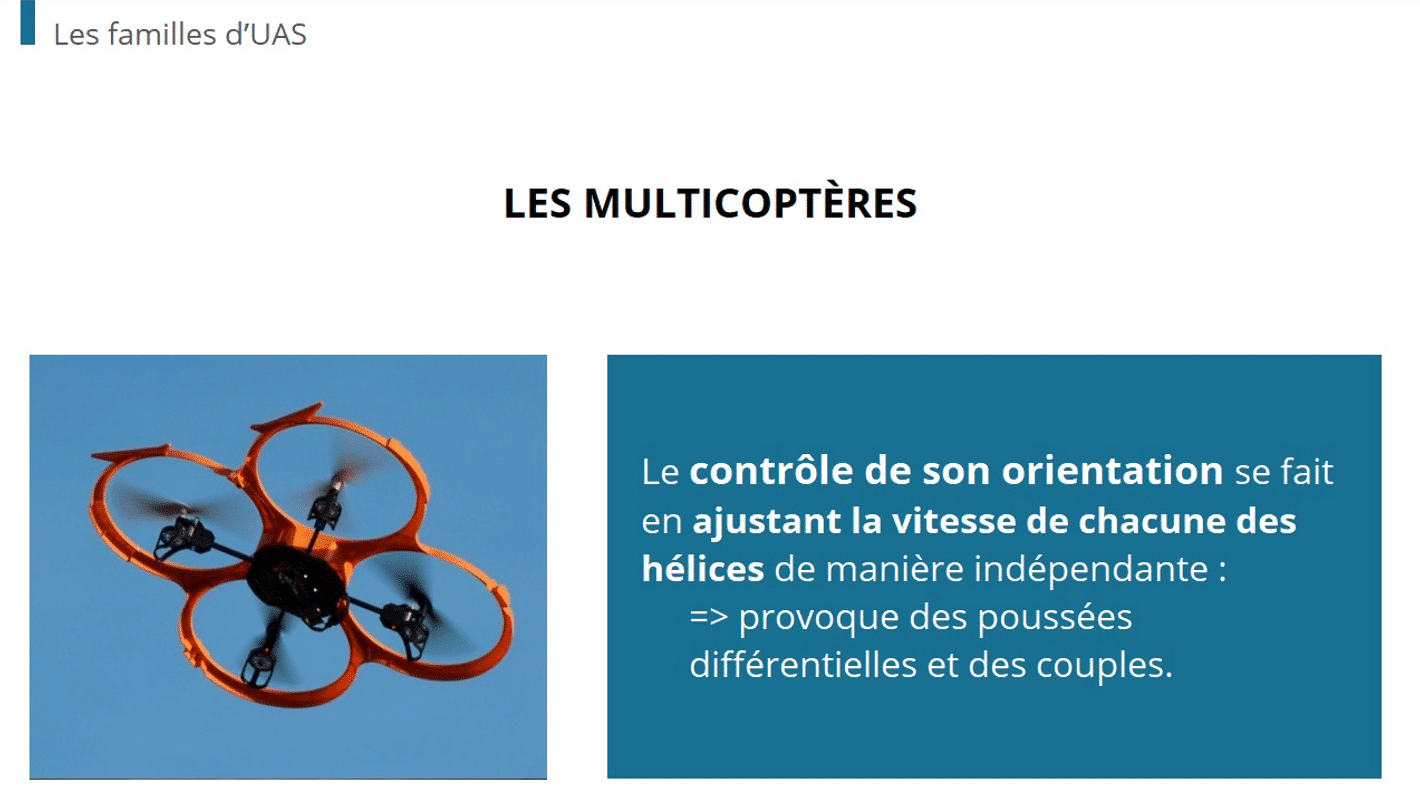How to build a Training program that meets FDA Standards? A Comprehensive Guide for Quality Managers

The global pharmaceutical industry is estimated to reach $1.6 trillion in 2025. Ensuring regulatory compliance for industry operations is essential for safeguarding patient health and maintaining operational efficiency and reputation. The importance of regulatory complaint training cannot be understated in pharmaceutical operations. In this article, our quality experts detail how quality managers can build training programs […]
From Compliance to Efficiency: How SOPs Drive Pharmaceutical Manufacturing Quality and Consistency

It is said that human error may be responsible for more than 80% of process deviations in pharmaceutical manufacturing. Consider the challenge of producing pharmaceutical products that are high-quality and consistent in the absence of standardized procedures. The result? A recipe for avoidable expenses, miscommunication, human error, and non-compliance. Standard Operating Procedures (SOPs) are critical […]
Effective GMP Compliance: Ensuring Quality Control in Pharmaceutical Manufacturing

In the manufacturing sector, GMP, or Good Manufacturing Practices, is more than just a buzzword. It’s a set of protocols and operations that should be company doctrine for all businesses involved in the pharmaceutical manufacturing, testing, and release of end-user products. Find out how to implement and enforce GMP compliance and promote quality control. The […]
Transform Your TMF Management With A Validated LMS

The clinical phase accounts for 69% of overall R&D costs, resulting in a need to try to reduce costs. An area that can keep a trial on track both time-wise and financially is addressing delays due to compliance inadequacies. In other words, effectively managing your Trial Master File (TMF) can mean the difference between trial […]
Ensuring 21 CFR Part 11 Compliance With Dokeos: A Guide For Quality Control
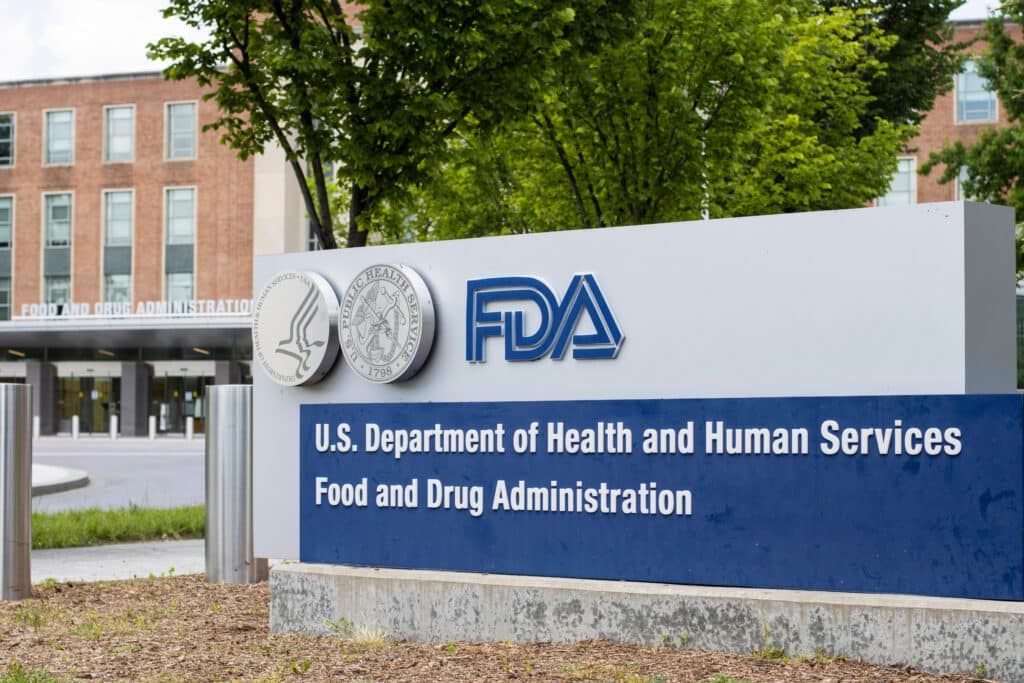
Since its introduction in 1997, the FDA’s 21 CFR Part 11 has provided rules on the management of electronic records and electronic signatures in the pharmaceutical and biotechnology industries. The latest update was published on October 1, 2024. It provides a guide to using electronic records in clinical investigations, helping stakeholders adhere to good clinical […]
Ensuring Good Distribution Practice (GDP) Compliance With GxP Training
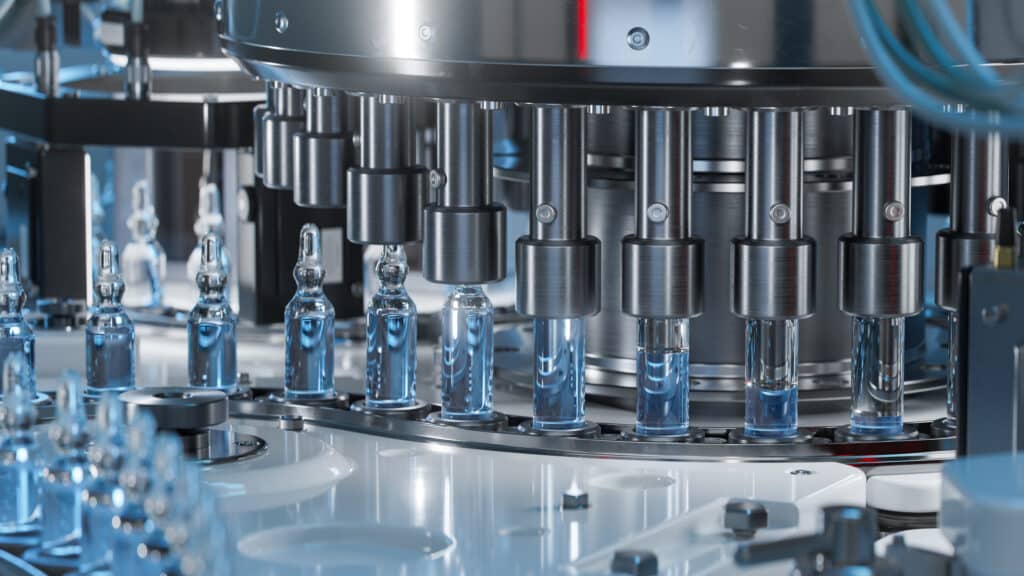
Between 2020-2023, the U.S. reported 107 medical device recalls; the most common recall was due to quality control. Emphasizing the need for manufacturers to maintain medical device quality and safety throughout the supply chain. Good Distribution Practice (GDP) is a set of international standards and guidelines that protect a medical device’s quality, safety, and efficacy […]
Strengthening Pharma Compliance: CAPA Training for Quality Standards

Corrective action and preventive action, or CAPA, is an organizational method for identifying, investigating, and resolving issues that may manifest during a product development, testing, or release phase. Pharma manufacturing and medical device industries are mandated to have a CAPA plan in place under the Food and Drug Administration (FDA) and International Organization for Standardization […]
Workplace Safety: OSHA Compliance for Manufacturing Companies

The Occupational Safety and Health Administration (OSHA) has strict standards for the manufacturing sector. The aim is to prevent and reduce workplace injuries and fatalities, many of which are preventable and due to negligence. In fact, there were 373,300 recorded incidences of non-fatal injuries on the manufacturing work floor in 2020, according to a U.S. […]
Streamlining FDA Compliance Training for Pharmaceutical Companies
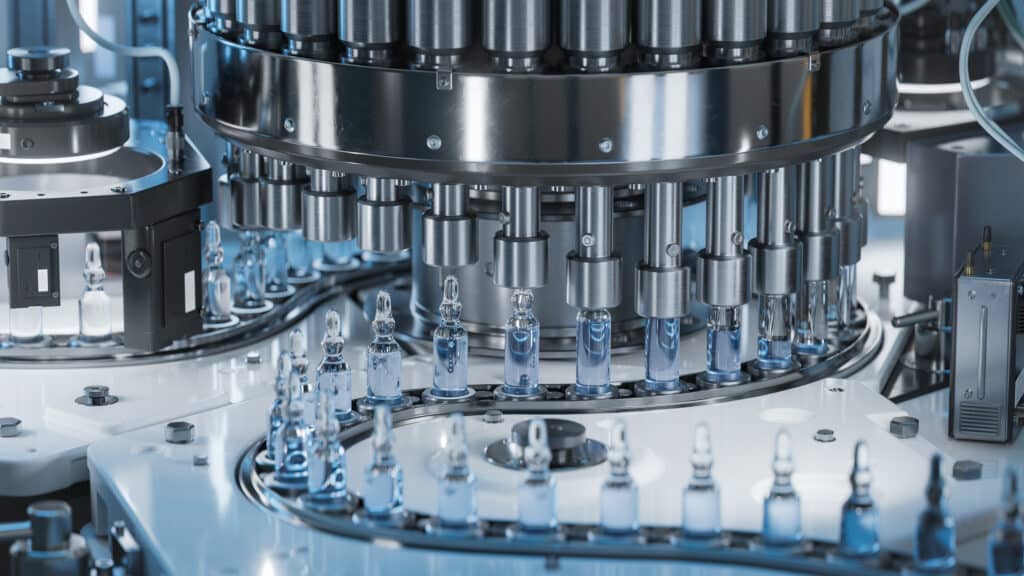
U.S. pharmaceutical companies are regulated by the Food and Drug Administration (FDA). It oversees every step of the process, from the manufacturing to the advertising of drugs and medical devices. This makes pharmaceutical training on FDA compliance critical. Failure to comply can result in hefty fines, reputational damage, and civil lawsuits. Give your staff the […]
Navigating HIPAA Compliance: Pharmaceutical Best Practices

Under provision §160.103, any health sector involved in the “sale or dispensing of a drug, device, or equipment,” is subject to HIPAA laws. This entails the pharmaceutical industry, even those based overseas if they serve U.S. clients and exchange information electronically. Compliance isn’t always easy in practice, especially with the seemingly endless page-after-page of formal […]
